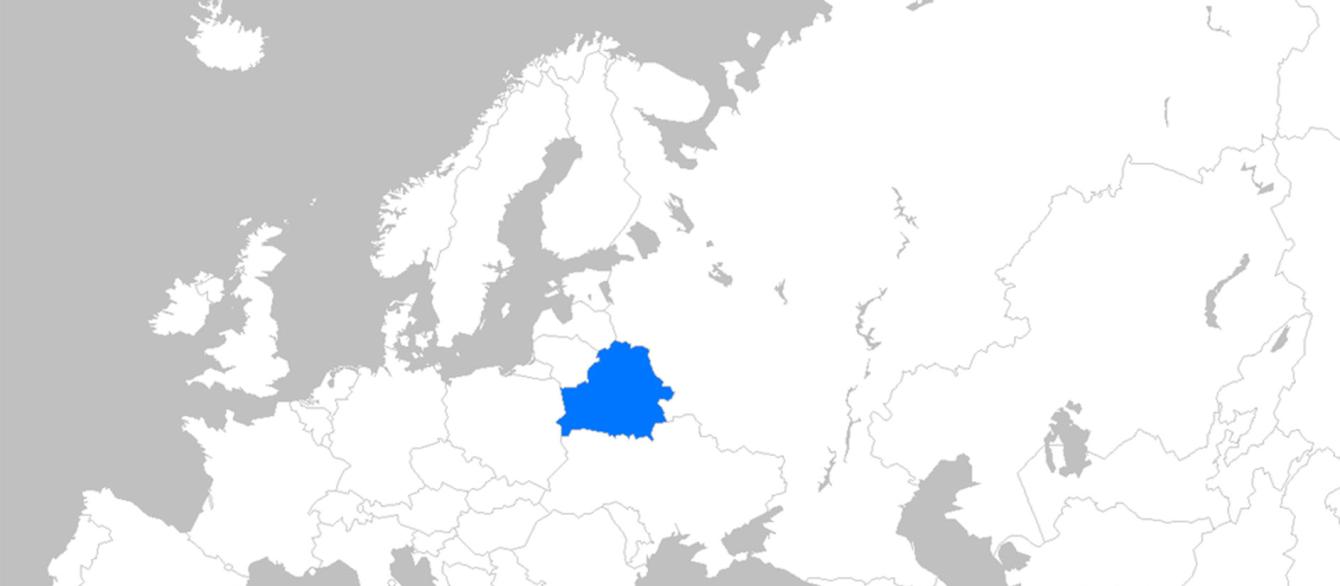Russia’s war against Ukraine has triggered new cognitive processes regarding Eastern Europe (or post-Soviet Europe) in the academic world. The year 2022 highlighted the urgent need to renew perceptions and strategies for studying Eastern Europe, Russia, and the post-Soviet space in European and English-speaking academic environments. More than 30 years earlier, the collapse of the USSR in 1991 had prompted a terminological shift toward transformation; yet the newly independent countries continued to be referred to as “former Soviet republics,” helping to perpetuate historical, cultural, and political frameworks rooted in Cold War-era Sovietology. Belarus serves as a prime example of this, as it continues to be studied predominantly through a Russian lens, obscuring its distinct political, cultural, and historical identity.
Accessibility
The Davis Center for Russian and Eurasian Studies at Harvard University encourages persons with disabilities to participate in its programs and activities. If you anticipate needing any type of accommodation or have questions about the physical access provided, please contact us at 617-495-4037 or daviscenter@fas.harvard.edu in advance of your participation or visit. Requests for Sign Language interpreters and/or CART providers should be made at least two weeks in advance if possible. Please note that the Davis Center will make every effort to secure services but that services are subject to availability.




